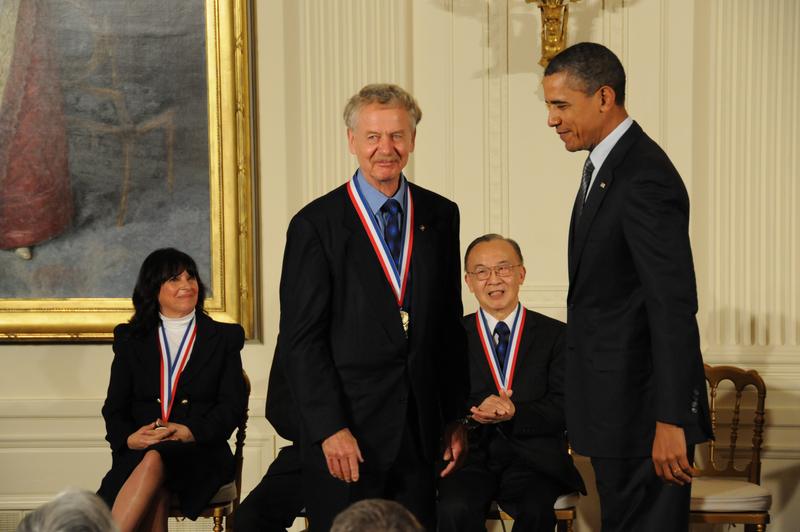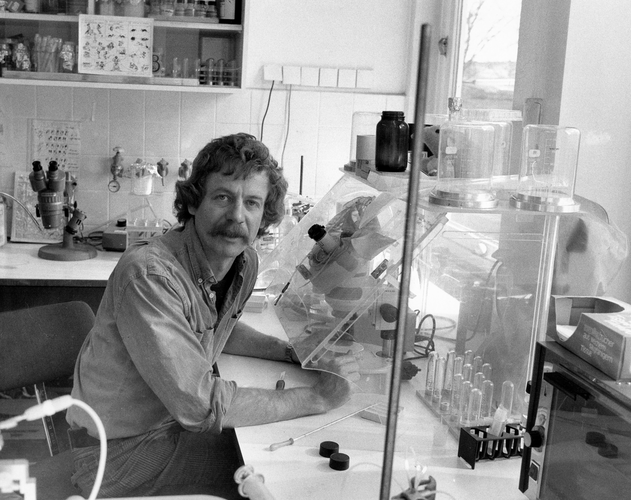Rudolf Jaenisch’s work with mice has translated into advancements in stopping the spread of cancer and neurobiological diseases in human beings. Jaenisch’s research has greatly expanded the understanding of mammalian cloning and embryonic stem cells.
Jaenisch collaborated with geneticist Beatrice Mintz to develop the first genetically-modified mice. Their research showed that DNA could be introduced into mouse embryos and the characteristics of that DNA could then be transferred to the mouse’s offspring.
That work and other Jaenisch research, the American Association of Cancer Research says, “revolutionized cancer biology by providing invaluable tools with which to investigate the complexities of cancer in vitro and in vivo.’’
Jaenisch has said his work in epigenetics holds great promise for developing cures to some of humankind’s worst diseases.
Jaenisch, born in Germany, earned a doctorate in medicine from the University of Munich in 1967. Jaenisch is a professor at Massachusetts Institute of Technology and a founder of the Whitehead Institute for Biomedical Research. He formerly headed of the Department of Tumor Virology at the University of Hamburg and is a member of the Academy of Sciences.
By Robert Warren








